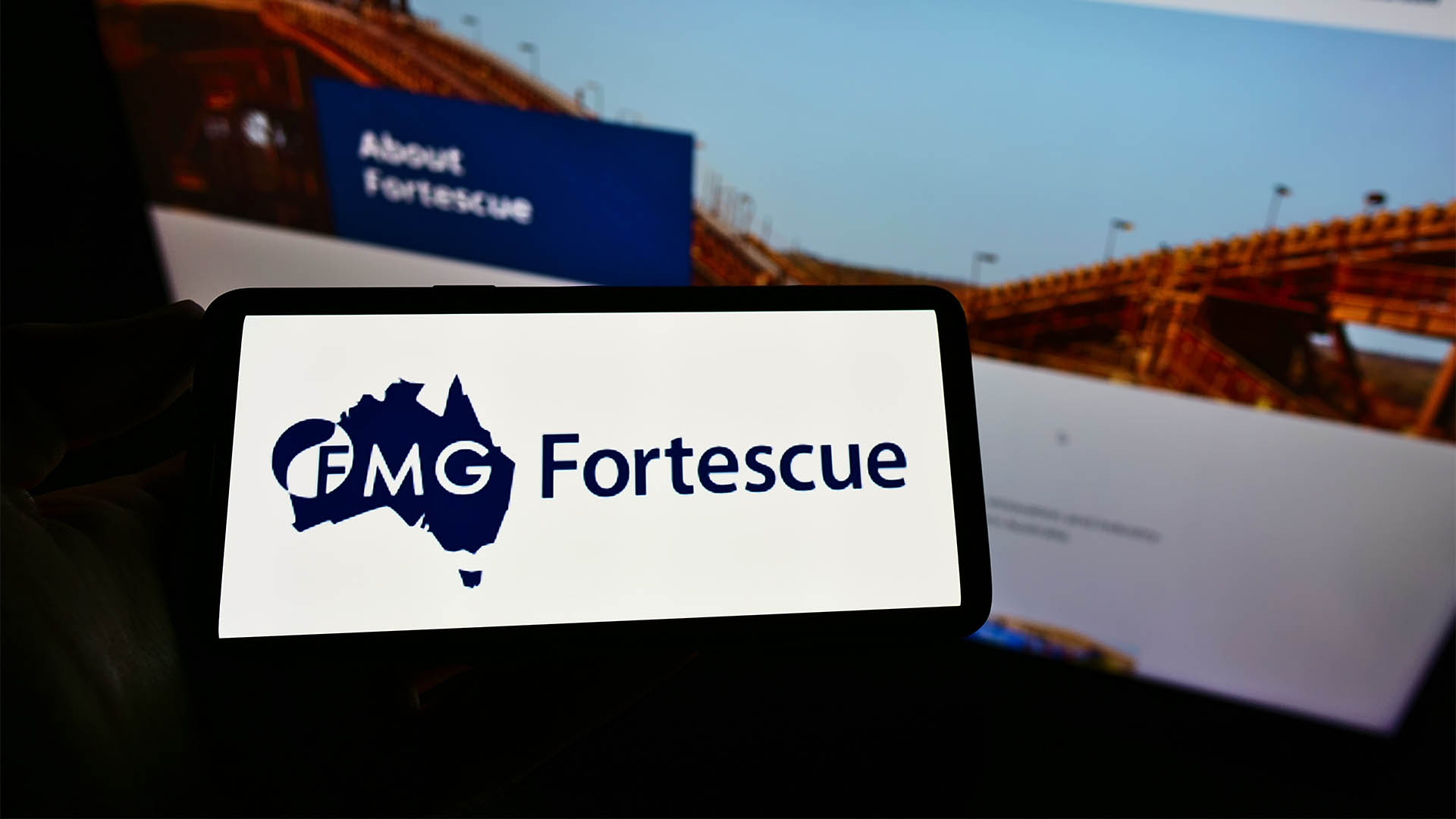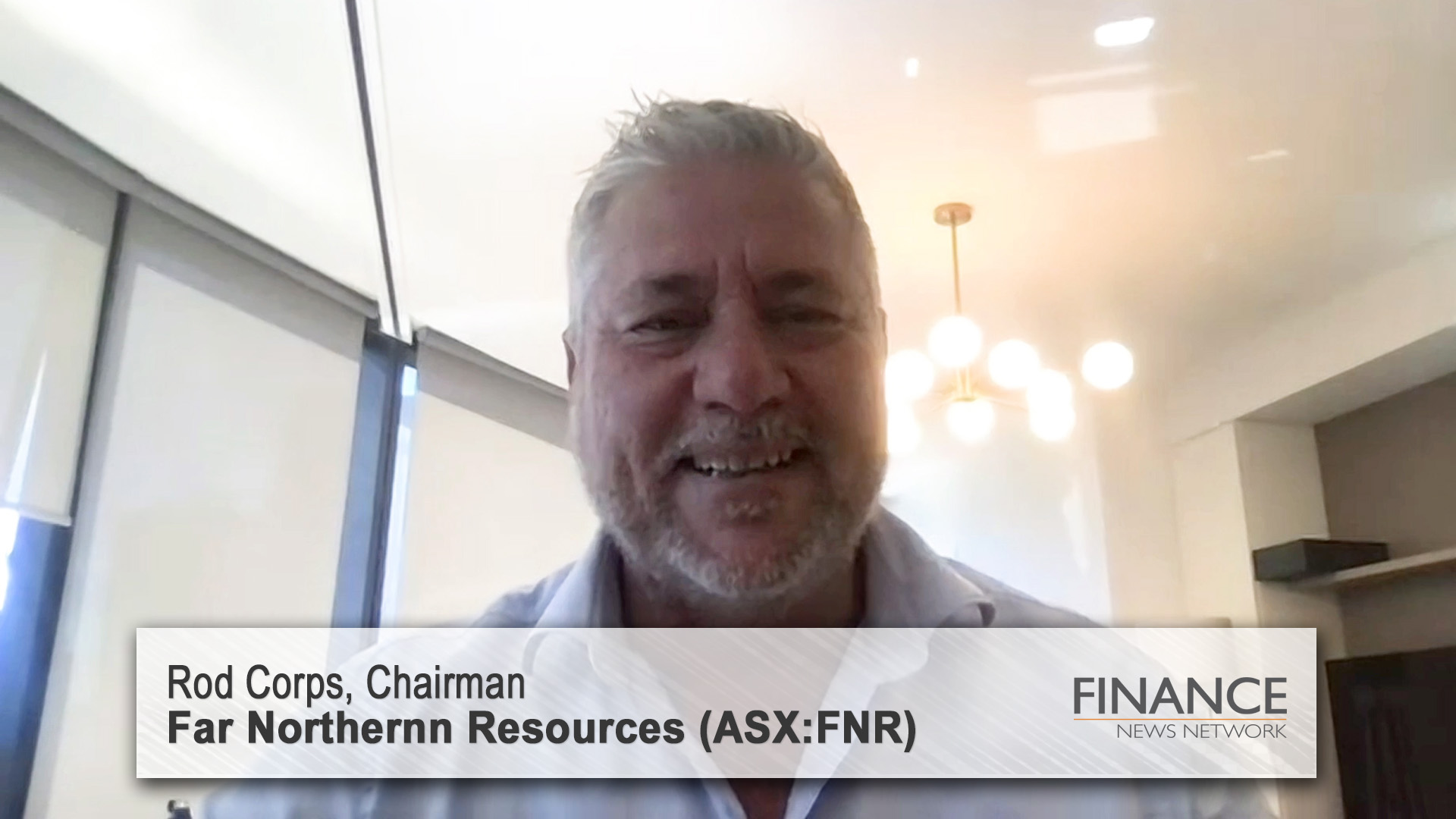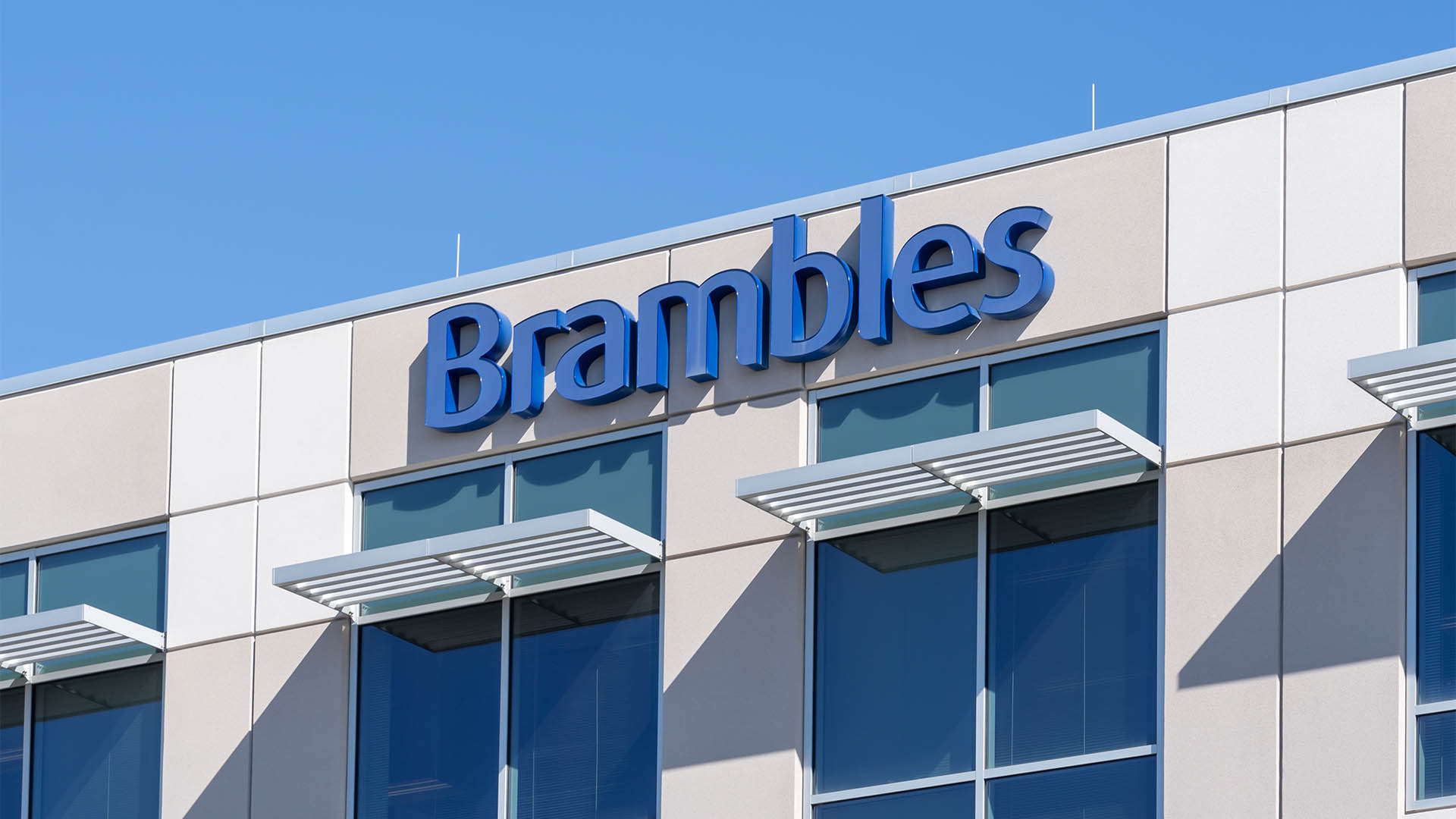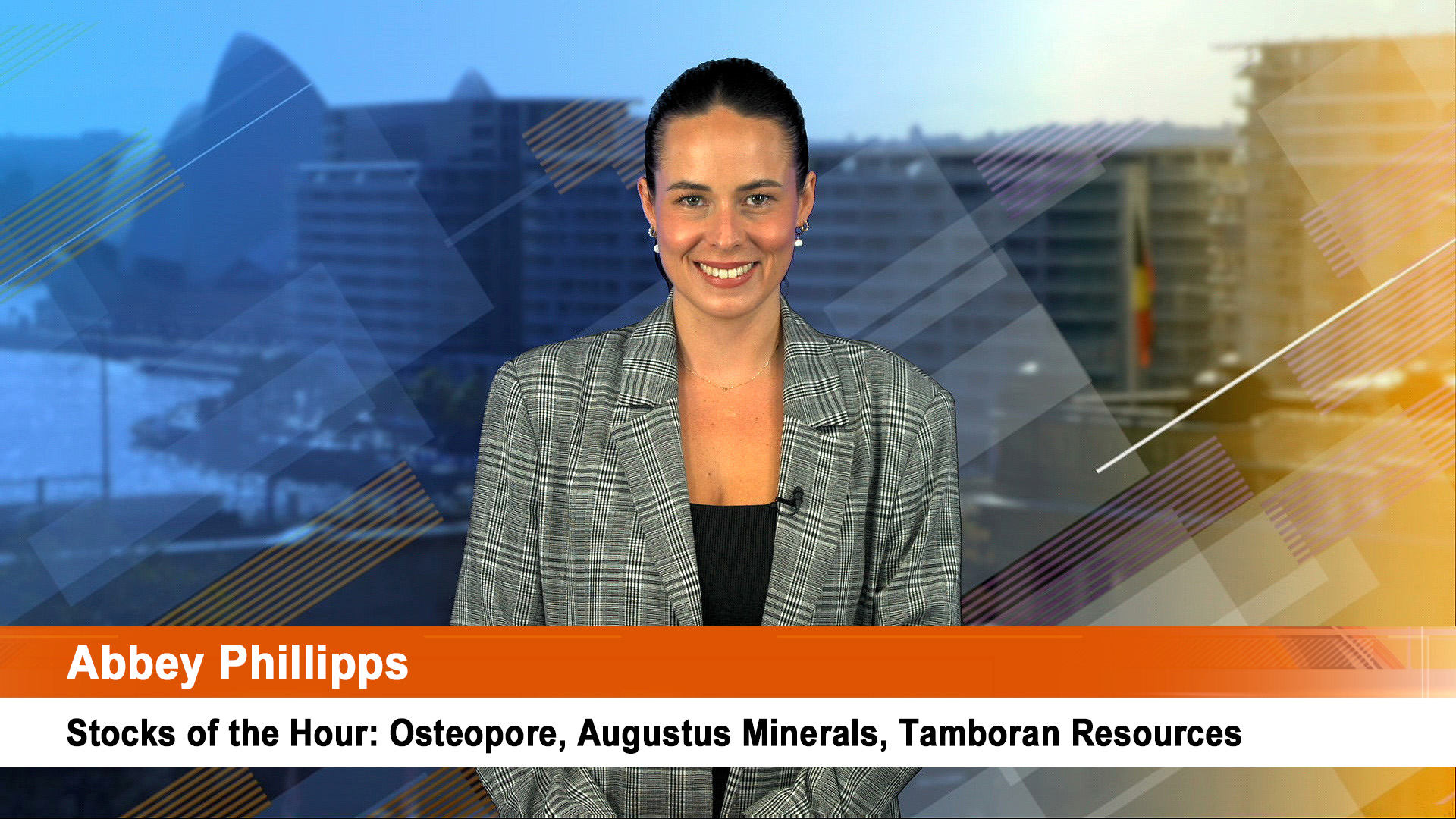The only pure-tech listed investment company on the ASX, Bailador Technology Investments (BTI) 93c adheres to a simple charter of providing investors with a one-stop exposure to emerging local innovators with a decent chance of cracking a global market in the same vein as Afterpay, Atlassian or Wisetech Global.
But despite more than doubling the value of its investments since listing at $1 apiece in November 2014, Bailador shares are trading at a hefty 20 percent discount to their pre-tax net tangible asset (NTA) per share of $1.17.
Before a recent round of investors roadshow jawboning the NTA gap was more like 36 percent, which suggests that investors would like to see the impressive portfolio appreciation translate into divestments and real cash gains.
Founded in 2012 by David Kirk and venture capitalist Paul Wilson, Bailador aims to address the dearth of local listed tech opportunities (or half decent ones anyway).
As well as captaining the All Blacks to World Cup glory, Kirk was CEO of the troubled Fairfax Media and equally troubled printer PMP (now Ovato). But at Fairfax at least he was behind the $700m acquisition of Kiwi classified house Trade Me, a transaction that was derided at the time but proved to be on the money.
A mild-mannered former accountant turned venture capitalist, Wilson was a director of private equity firm Champ and insurer Metlife and also did deals with Lachlan Murdoch’s as an executive director of his private investment vehicle Illyria.
Wilson currently is a director of the IPL cricket franchise Rajasthan Royals, “which last made more money than any Australian sporting franchise combined.”
Kirk says that while the US market is dominated by big name tech houses, technology accounts for only 3 percent of the ASX.
“Technology has been a great place to invest in the last five years but it’s just not possible to access tech stocks as a significant of a portfolio,” he says.
Of course, there’s no shortage of raw start ups politely terms as ‘pre revenue’, but that’s not what Bailador is interested in. “You are going to get as many losers as winners and we don’t have any more ability to pick a winner as anyone else,” Wilson says.
Nor is the fund keen on the established techs bearing multi-billion valuations at odds with their actual earnings: “Altium and such are quality businesses but you have to ask how likely you are to get premium returns.”
Bailador thus aims for the Goldilocks sweet spot of companies that are still reasonably valued but have genuine global prospects. All of the fund’s investments are internet related, mainly in the internet ‘cloud’ sector.
“Most people like to invest in brand names, but we prefer business-to-business and software-as-a-service business models,” Wilson says. “You don’t get the sizzle but I think we can produce consistent 30 per cent annual returns, year after year.”
In effect a public private equity fund, Bailador has nine unlisted investments. The value of the tenth, the Auckland based Straker Translations, can be more easily validated as it listed on the ASX in October last year (STG, $1.53).
Bailador’s initial $7.5m investment in Straker – which combines algorithmic language translation with the human touch for more accurate transcripts – is now worth more than $11m.
The fund likes to back founders who have been operating for two to six years, with revenue of $5-50m.
The enterprises should be addressing global markets, with at least three natural prospective buyers waiting in the wings.
Bailador typically starts with a $3-5m investment for a 10-40 percent stake and insists on a board seat to get direct intel on how the company is faring.
Management’s favourite child to date is Siteminder, a business-to-business platform to enable hotels to sell hotel rooms more efficiently across the consumer portals such as Bookings.com and Expedia.
Dubbed “the best Australian tech company you’ve never heard of,” Siteminder claims global leadership with a base of 30,000 hotels that pay a $120 a month subscription fee.
Bailador’s initial $5m investment seven years ago is now valued on the books at $56m – an elevenfold increase and accounting for the lion’s share of Bailador’s $140m portfolio.
In 2015-16 the fund invested $4.5m into Instaclustr, a cloud based platform for complex big data applications .That investment is now valued at $14.6m.
A $5.5m investment in home loan platform Lendi has doubled, while a $5m foray into document manager Docs Corp has increased by 84 percent.
And regrets? Bailador has had a few of them as well. A $26m original investment in cloud based video management platform Viostream has been whittled to $7.4m, despite a promising $7 million Malaysian contract.
In 2017 the fund wrote off the entire $12.5m of value ascribed to the Queensland-based Ipro, which verifies the credentials of on-site contractors. In its annual report of that year, Bailador rued the technology was not as advanced as thought and that it had been misled by management.
Meanwhile Bailador’s $3m bet on online designer furniture store Brosa and a $7.4m foray into big data aggregator Standard Media Index are merely treading water.
Management insists it uses conservative valuations validated by third-party transactions. To date there have been 18 across the portfolio, all at a premium to what Bailador paid.
Still, the gaping NTA discount shows the market won’t be convinced until implies Bailador exits some of its investments for fruitful gains (the fund is preparing for three divestments, including an IPO of social media ‘influencer’ platform Stackla).
Putting his money where his mouth is, Wilson has availed of the “crazy” NTA discount to outlay $208,000 on another 260,000 Bailador shares, on top of the $11m he and Kirk already have invested.
Fellow listed investment fund Washington H Soul Pattinson (SOL, $22.46) is on the register with a 19.9 percent stake and the desire – but not the ability – to buy more.
“We think we are providing something special in the Australian investment market,” Wilson says.
“But it takes time to prove it and it takes time for people to understand it.”
Disclaimer: Bailador is a client of Independent Investment Research (IIR). Under no circumstances have there been any inducements or like made by the company mentioned to either IIR or the author. The views here are independent and have no nexus to IIR’s core research offering. The views here are not recommendations and should not be considered as general advice in terms of stock recommendations in the ordinary sense.













